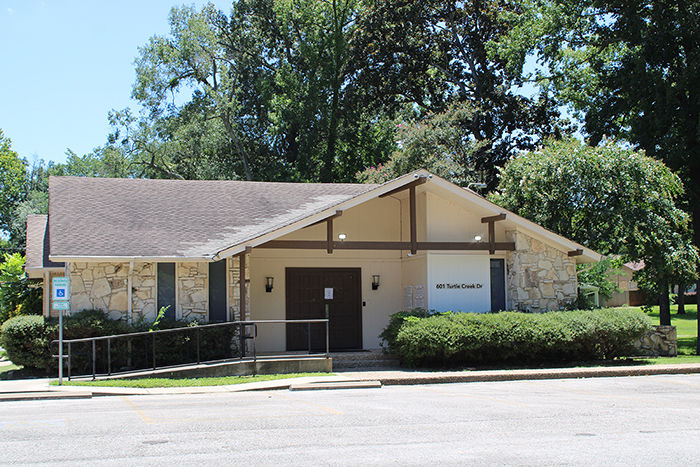Despite warnings, ‘money’ didn’t win
Published 9:43 pm Sunday, November 9, 2014
The elections are over, and a few facts are clear. Democracy isn’t dead, the Republic isn’t ruined, and money didn’t buy any offices. Despite the most dire predictions that followed the U.S. Supreme Court’s Citizens United decision, election patters demonstrate that voters informed themselves and cast their ballots based on their beliefs — not based on which side spent the most money.
“In the run-up to this week’s 2014 midterm elections, we were bombarded with articles about how this was, race-by-race, the most expensive election ever,” wrote Kevin Glass for Townhall.com. “Record amounts of money were spent by both sides in both senatorial and gubernatorial elections, and by and large, the races that were the most expensive were also the closest races.”
Trending
We were warned that all the money was being spent to “buy elections.” The thing is, that didn’t happen.
“Billionaires like the Koch Brothers and Tom Steyer can supposedly open their coffers and the candidates they support are supposed to win,” Glass explained. “In 2012, it was Sheldon Adelson and Karl Rove raising and spending huge amounts of money to help Republican candidates — in an election where the GOP was slaughtered across the board. In 2014, it’s Tom Steyer, whose $67 million SuperPAC NextGen Climate Action spent huge to defeat GOP candidates like Joni Ernst and Cory Gardner, who both cruised to victory.”
Statistically, there’s really very little correlation between higher campaign spending an winning. Look at the races where Democrats outspent Republicans.
“In the races where Democrats had the largest advantages — North Carolina and Colorado — Republicans still managed to win,” Glass noted. “In Alaska, the race is still too close to call, but Dan Sullivan is leading. Louisiana is going to a run-off, where Mary Landrieu is expected to lose.”
This supports what history — post Citizens United — has shown: Voters aren’t swayed by excessive campaign spending. The clearest example of this fact was in the Iowa caucuses in 2012.
“Rick Perry was the top spender, buying $4.3 million worth of ads — which got him only 10 percent of the vote,” explains economist Stephen Dubner. “(Rick) Santorum, meanwhile, spent only $30,000 on ads (the least of any candidate) and practically tied (Mitt) Romney — who spent $1.5 million this time around on Iowa ads, versus $10 million in 2008.”
Trending
That’s not to say money doesn’t matter. It does, but only to a degree.
“The only situations in which money really matters to the vote is in races that are extraordinarily close in which one side outspends the other by many, many multiples,” Glass said. “We could look at the New York mayoral race in 2009, in which Michael Bloomberg spent over $100 million and won by less than 3 points, for an election in which money might have mattered. But the fact is that for the vast majority of elections — all of 2014 included — the races weren’t close enough and the money not varied enough to really make a difference in even a single race.”
We had an election — an expensive election — and the nation survived.







